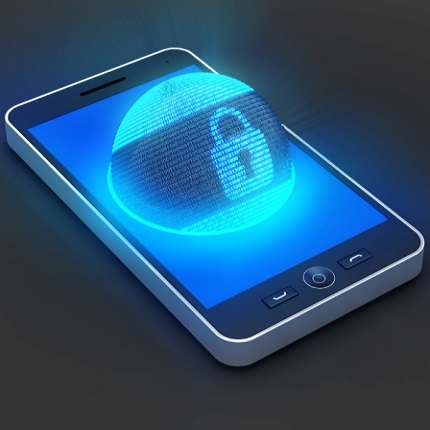After ID Theft, What’s Stolen Info Worth?
 If you’ve ever had the misfortune to have your credit or debit card information stolen, or worse, your entire identity, you might have wondered — at least begrudgingly — how much the criminals receive when they sell the information they stole from you.
If you’ve ever had the misfortune to have your credit or debit card information stolen, or worse, your entire identity, you might have wondered — at least begrudgingly — how much the criminals receive when they sell the information they stole from you.
For a payment card number along with its unique three-digit code usually found on the back of the card, and an expiration date, thieves receive $5 to $8 in the United States, according to a new report released by Intel Security.
With a bank account number or date of birth in addition to the basic info, the price jumps to $15 on the black market.
Of course, when thousands or millions of accounts are breached, the data’s value to the criminals is multiplied many times.
The 18-page report “The Hidden Data Economy: The Marketplace for Stolen Digital Information” isn’t intended to spread fear but to combat a sense of apathy about the problem, its authors state.
For what’s known as “Fullzinfo,” which includes all the details about the card and its owner, such as full name, billing address, payment card number, expiration date, PIN number, Social Security number, mother’s maiden name, date of birth and code number, the thief gets $30 per card.
Intel’s McAfee Labs division also explored the pricing for bank account log-in credentials, stealth bank transfer services, online payment service log-in credentials, hospitality loyalty account log-in credentials and online auction account log-in credentials.
The most “valuable” stolen info is bank account log-ins, especially if there are four- or five-digit account balances. If there’s an account balance of $2,200, for example, the info goes for $190. If the account allows the transfer of the stolen funds internationally, the price goes up to $1,200 for an account with a $500 balance to $6,000 for an account with a $20,000 balance.
“The examples of the hidden data economy in this report represent only the tip of an iceberg,” the authors state.
The report discusses stolen data offered for sale, but cybercriminals also buy products that enable attacks.
“We must conquer our apathy and pay attention to advice for fighting malware and other threats. Otherwise information from our digital lives may appear for resale to anyone with an Internet connection,” the report says.
Source: TwinCities


